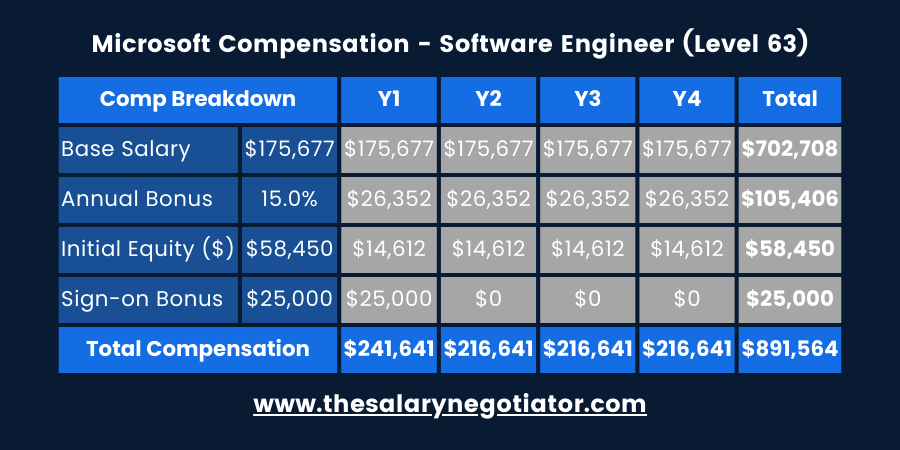Senior-level salaries can vary widely depending on factors like industry, company size, specific role, location, and individual experience. However, these positions typically command significant compensation due to the high level of responsibility, expertise, and strategic thinking required.
Factors Affecting Senior-Level Salaries
- Industry: Industries like technology, finance, and healthcare often offer higher salaries for senior roles.
- Company Size and Revenue: Larger, more profitable companies tend to pay higher salaries.
- Job Role and Responsibilities: The specific duties and responsibilities of the role, as well as the level of authority, influence salary.
- Experience and Expertise: Senior-level positions require significant experience and specialized skills.
- Education and Certifications: Advanced degrees and professional certifications can boost earning potential.
- Negotiation Skills: Effective negotiation can lead to higher starting salaries and better pay raises.
- Location: Salaries can vary significantly based on geographic location and cost of living.
- Economic Conditions: Economic factors, such as inflation and unemployment rates, can impact salary levels.
Common Senior-Level Roles and Salary Ranges
While salary ranges can vary widely, here are some common senior-level roles and their potential salary ranges:
- C-Suite Executives (CEO, CFO, COO): $200,000 to $10,000,000+ per year
- Senior Vice Presidents: $150,000 to $500,000 per year
- Directors: $100,000 to $300,000 per year
- Senior Managers: $80,000 to $200,000 per year
It’s important to note that these are just estimates, and actual salaries can vary significantly based on individual qualifications, performance, and market conditions.
Strategies for Maximizing Senior-Level Salary Potential
- Continuous Learning: Stay updated with industry trends and acquire new skills.
- Networking: Build strong relationships with industry professionals.
- Mentorship: Seek guidance from experienced mentors.
- Effective Communication: Communicate your value and contributions clearly.
- Negotiation Skills: Practice negotiation techniques to secure the best possible compensation package.
By understanding the factors that influence senior-level salaries and implementing effective strategies, you can increase your earning potential and achieve your career goals.




